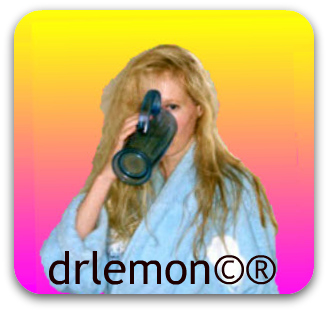The word Y (spelled with
the letter i griega) means "and ".
It is pretty straight forward and
functions just as the English word "and" does:
| Ana y María van a la discoteca. |
Ana and María go to the discoteque. |
| Miro Project Runway y Betty la fea. |
I
watch Project Runway and Betty La Fea. |
| Y tomo café también |
And I have coffee too. |
However, there is one change which occurs to Y:
Y changes to
e when it comes in front of words starting with
i or
hi.
| Raquel es bonita
e inteligente. |
Rachel is pretty
and inteligent. |
| Habla ruso, español
e inglés. |
She speaks Russian, Spanish
and English. |
| Estudia las novelas de
Pérez Fermat e Hijuelos. |
She's studying the novels
of Pérez Fermat and Hijuelos. |
How to make words plural in Spanish:
- If a word ends in an unaccented vowel, simply add "s":
| mesa |
mesas |
| libro |
libros |
| estudiante |
estudiantes |
- If a word ends in a consonant other than
Z, or ends in an accented vowel, add "es":
| borrador |
borradores |
| reloj |
relojes |
| *profesión |
*profesiones |
| rubí |
rubíes |
- If a word ends with a Z, change the
Z to C and add "es":
*Please Note:
Words which end in a consonant and have an accent on the last syllable in the singular form, will drop the accent in the plural form.
This is because all words ending in a consonant will add es which adds another syllable. Since the word now ends in s and the stress is still on the originally accented syllable, the accent mark is no longer needed. Spanish has no unnecessary accent marks. If a word has an accent mark, it is there for a reason. Review Accents & Pronunciation.
